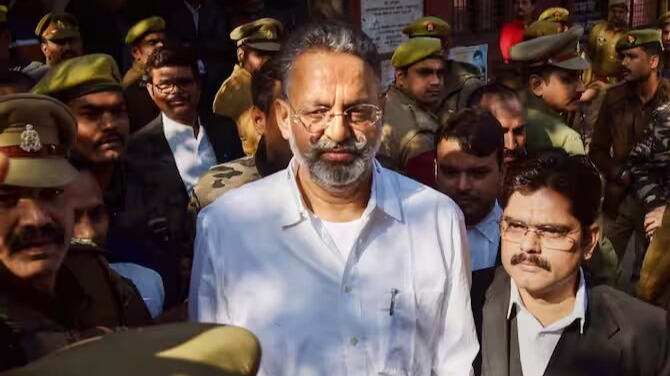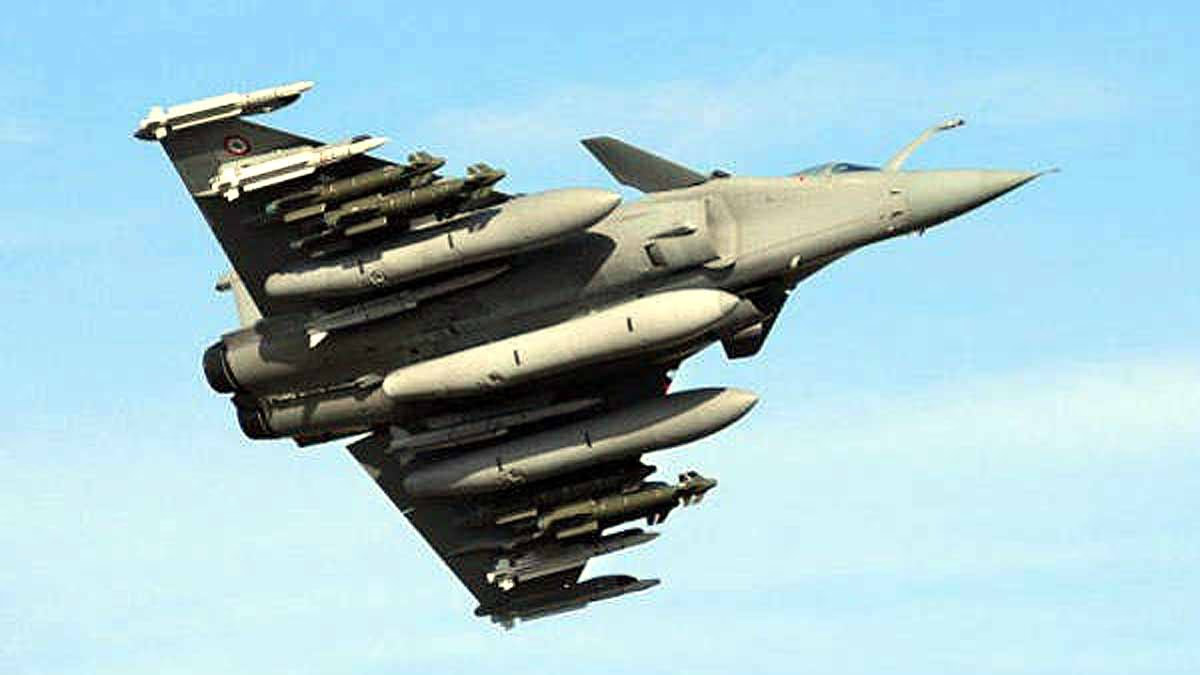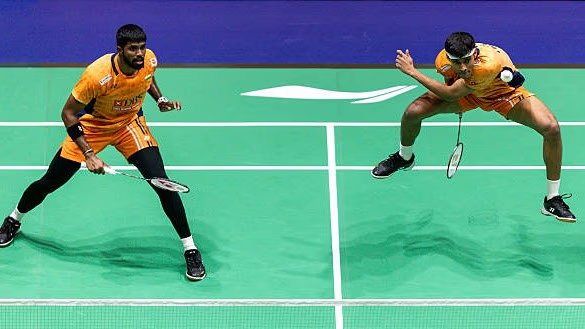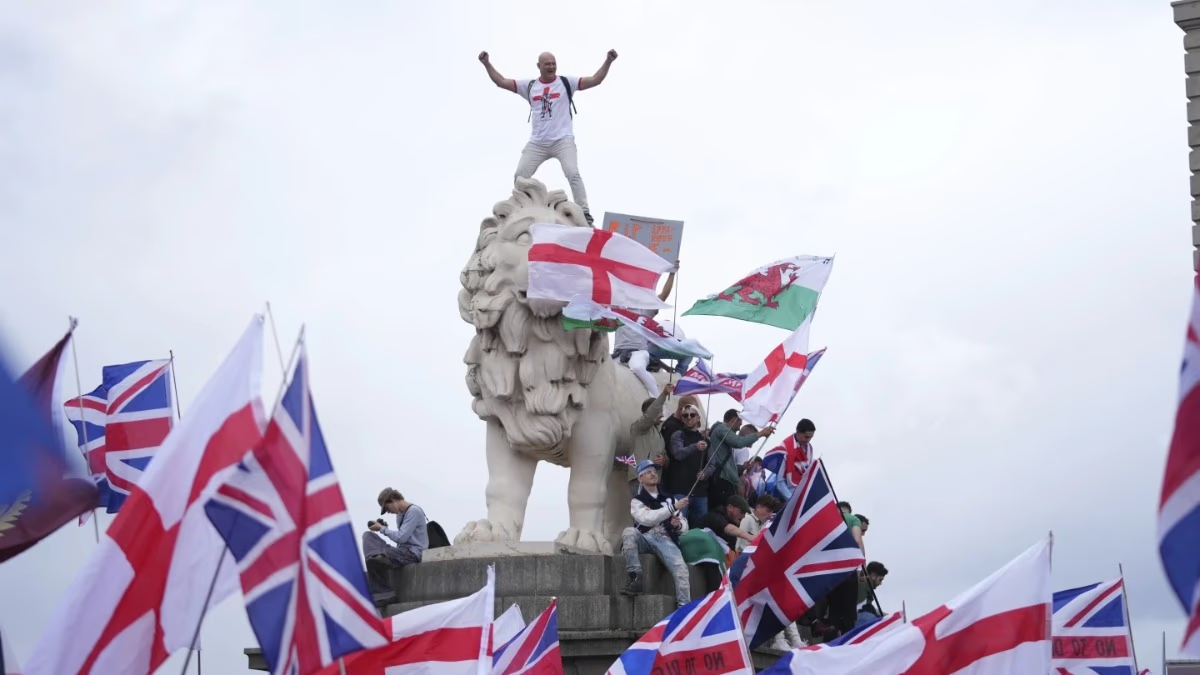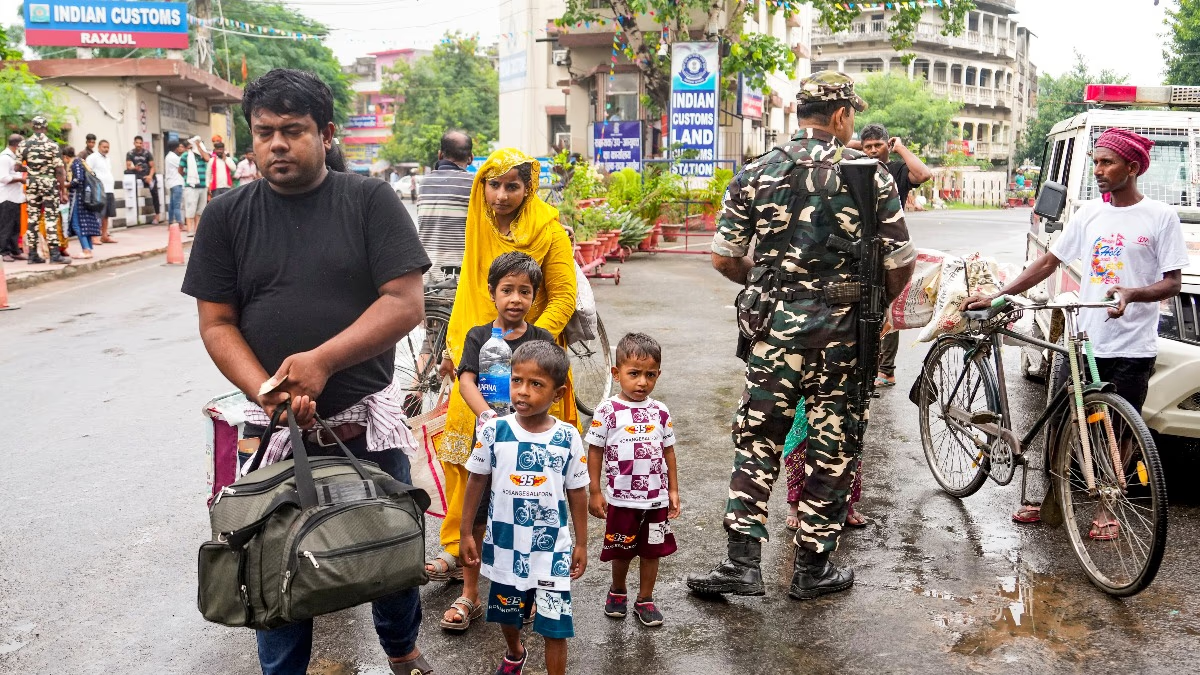The health of notorious mafia don Mukhtar Ansari, imprisoned in Banda Jail in Uttar Pradesh, has suddenly worsened, resulting in his urgent admission to the medical college. Insiders report Ansari is currently undergoing intensive care treatment.
The local administration, police force, and jail authorities have maintained a tight-lipped stance regarding Ansari's health condition. Just two days ago, disciplinary action was taken against a jailer and two deputy jailers for negligence in Ansari's security arrangements.
Mukhtar Ansari Alleges Poisoning in Jail
Previously, Mukhtar Ansari had accused jail authorities of administering slow poison to him. During a court appearance on March 21st in the infamous ambulance case at the MP-MLA court in Barabanki, his lawyer submitted an application claiming that on the night of March 19th, he was served food laced with poison, causing severe health deterioration. He expressed fear for his life and pleaded for proper medical examination and treatment. 40 days prior, he claimed to have been poisoned in a similar fashion.
Medical Specialist Team Visits Jail
Following the court order, a panel of two doctors, including a physician and an orthopedic specialist, were dispatched to the jail for Ansari's check-up. After the preliminary examination, they conducted blood tests and prescribed medication for constipation and pain. Doctors suggested his health issues might be due to fasting followed by overfeeding. Ansari is currently receiving appropriate medical care, and the jail administration has forwarded his medical report to the court.
Jail Administration Rejects Poisoning Claims
The superintendent of Banda Jail denied any truth to Ansari's allegations of being poisoned. The administration clarified that the food is first tasted by a guard and then by the deputy jailer before being served to Ansari. They stated the same food is consumed by the other 900 inmates and that such accusations are unfounded. As for the security measures, they are rigorous with constant monitoring through CCTV, the presence of civil and PAC forces, and personal supervision by the superintendent himself.
